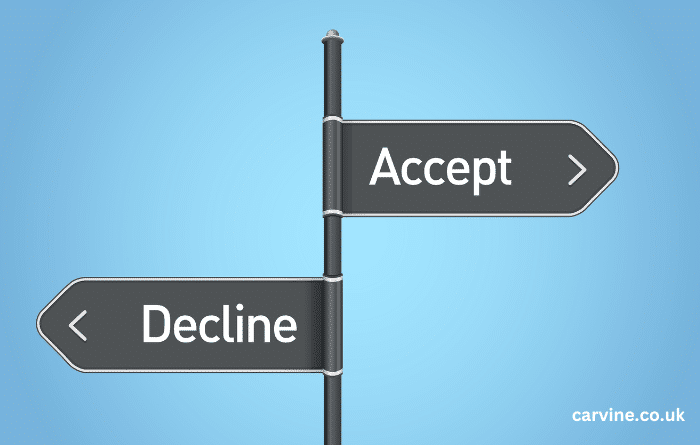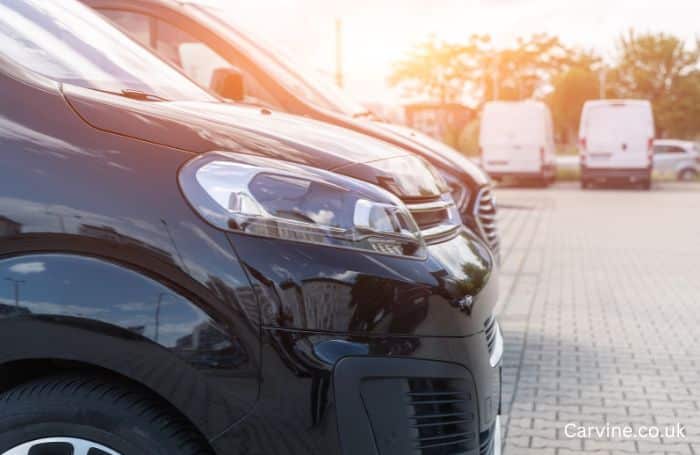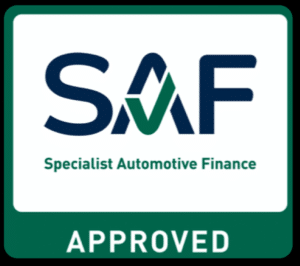Everything you need to know about licensing, checks, tests, costs, earnings, insurance, vehicles, and timelines. Designed for councils and applicants alike.
Overview
Becoming a taxi driver requires a valid taxi driver licence from your local authority or Transport for London. You must hold a full UK driving licence for at least 12 months, pass an enhanced DBS check, complete a Group 2 medical, pass a local knowledge test and a driving assessment, and prove your right to work in the UK. Typical end to end timelines are 8 to 16 weeks and common total costs range from £700 to £1,200, depending on area and licence type. Many drivers earn between £20,000 and £40,000 annually.
What is a Taxi Driver Licence and Which Type Do You Need
A taxi driver licence is a professional permit issued by a council or TfL that authorises you to transport paying passengers. There are two core licence types:
Hackney carriage
Operate street hails and ranks with no pre booking requirement. Some councils offer combined dual licences.
Private hire
Journeys must be pre booked through a licensed operator by phone, app, or online. TfL keeps hackney and private hire separate. Black cab licensing in London requires passing The Knowledge.
If you plan to finance a modern electric taxi such as the LEVC TX, specialist providers like Carvine can help with dedicated taxi finance products.
What Are the 6 Essential Requirements to Become a Taxi Driver
- Full UK driving licence duration Hold a full UK, NI, or EU licence for at least 12 months. Some councils require age 21. London requires 3 years of driving experience.
- Enhanced DBS criminal record check Typically £50 to £75.50. Processing 10 to 14 days. Includes barred list checks.
- Group 2 medical examination GP with access to full records. £80 to £150. Valid 4 months for application. Renew at 45, then every 5 years until 65, then annually.
- Local knowledge test Content and price vary. Example: Manchester hackney test covers A Z, routes, districts, and safeguarding.
- Driving skills assessment £42 to £69. Focus on passenger comfort, safety, and professional standards.
- Right to work Provide passport, birth certificate, or Home Office share code. Non UK nationals provide visa or settlement status.
Finance note: if upfront fees stretch your budget, line up vehicle finance in parallel so you are ready to earn as soon as your licence is granted.
How Do You Apply for a Taxi Driver Licence
Stage 1: Initial registration
Register with your council licensing team or TfL. Many cities provide online portals and information packs.
Stage 2: Document submission
Supply your photocard, DVLA check code, recent proof of address, passport style photo, NI number, right to work evidence.
Stage 3: Testing and assessment
Book and complete knowledge test, driving assessment, and any required training. Results usually arrive within 2 weeks.
Stage 4: Background checks and determination
Council processes your enhanced DBS, reviews medical, and checks national registers. On approval, you receive your licence and badge.
How Much Does It Cost to Become a Taxi Driver
Typical total costs £700 to £1,200 depending on council and licence type. Breakdown below.
| Cost item | Price range | Notes |
|---|---|---|
| Application fee | £88 to £452 | Often for a 3 year term |
| Enhanced DBS check | £50 to £75.50 | Via approved providers |
| Knowledge test | £25 to £95 | Varies by council |
| Driving assessment | £42 to £69 | Approved assessors |
| Medical examination | £80 to £150 | Group 2 with GP |
| Training course (optional) | £150 to £400 | NVQ or BTEC style |
| Safeguarding training | £35 to £55 | Mandatory in many areas |
| DVLA check | ~ £7 | Online record verification |
| Right to work check | £0 to £4.50 | Home Office verification |
Renewals are typically lower. If you subscribe to the DBS Update Service, status checks cost £16 annually.
What Is the Taxi Driver Knowledge Test and How Do You Pass It
The knowledge test assesses local geography, routes, and regulations. Content and pass marks vary by council.
Typical structure and tips
Expect sections on A Z navigation, shortest routes, landmarks, and safeguarding. Study council materials, practise route planning, and take mock tests where offered. Most pass within two to three attempts with preparation.
London example
The Knowledge of London covers 25,000 streets and 20,000 points of interest within a six mile radius of Charing Cross. All London routes take 2 to 4 years on average. Suburban sectors are shorter.
Why Do You Need a DBS Check
Enhanced DBS checks are required because drivers transport the public, including vulnerable people. Processing averages 10 to 14 days. Many councils require registration on the DBS Update Service within 30 days of receiving your certificate.
- Police National Computer search for cautions and convictions
- Children and Adults Barred Lists where applicable
- Local police intelligence relevant to safeguarding
What Medical Standards Do Taxi Drivers Need to Meet
DVLA Group 2 medical standards apply. These cover vision, cardiovascular health, diabetes control, neurological conditions, and mental health fitness. Initial medical at application, then at 45, every 5 years until 65, then annually.
Do You Need Training Qualifications
Not universal, but widely required or recommended. Common options include:
- Level 2 Certificate in Road Passenger Vehicle Driving: Taxi and Private Hire
- Level 2 Certificate in Introduction to the Role of the Professional Taxi and Private Hire Driver
Courses often run for 4 days with online assessments. Many councils accept either qualification or run in house training and tests.
What Insurance Do Taxi Drivers Need
You need hire and reward cover. Standard car insurance excludes carrying passengers for payment. Choose Third Party Only, Third Party Fire and Theft, or Fully Comprehensive. Consider public liability and legal cover. TfL checks insurance at licensing for private hire.
What Vehicle Do You Need
Requirements depend on licence type and council rules. Hackney vehicles often must be purpose built and wheelchair accessible. Private hire vehicles have age and emissions limits. Inspections occur before licensing and periodically thereafter.
Electric and low emission options
The LEVC TX electric taxi offers around 80 miles electric range with a range extender for longer trips, wheelchair access, and lower per mile costs than diesel. Grants and finance options are available from specialist providers.
How Much Do Taxi Drivers Earn
Typical annual earnings are £20,000 to £40,000. Hourly rates vary by area, hours worked, and service type. Peak times increase rates. Net income depends on costs such as fuel, insurance, maintenance, licensing, and vehicle finance.
How Long Does It Take
Most applicants complete licensing in 8 to 16 weeks. London Knowledge routes take much longer. A typical path:
- Phase 1: Preparation 1 to 4 weeks for documents, medical booking, and study
- Phase 2: Testing and certification 2 to 6 weeks for medical, knowledge, and driving assessment
- Phase 3: DBS processing 1 to 3 weeks, register for the Update Service
- Phase 4: Determination 1 to 3 weeks for council review and licence issue
FAQs
Can I fail due to penalty points
Minor endorsements are case by case. Serious or repeated offences can lead to refusal.
Do I need a dual licence
Some councils offer combined hackney and private hire. It can maximise earning opportunities.
Can I finance a taxi before my licence
Yes, you can often secure conditional approval in parallel so you can collect your vehicle when your licence arrives.
Ready to start your application
Use the checklist above, then contact your council to book tests and submit documents.




